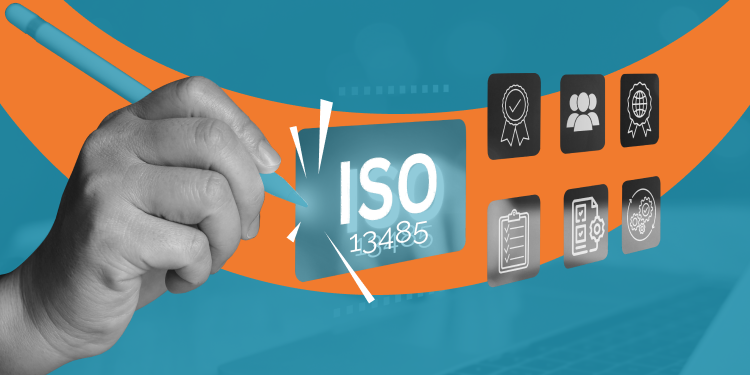
Before purchasing a loan from a reliable lender, you should know what is the difference between floating and fixed interest rates. On one hand, where fixed interest rate personal or home loan means you have to pay a fixed amount in the form of debt during your loan tenure. Your rate of interest won’t change from the side of your banking institution. On the other hand, a floating interest rate personal or home loan means your rate of interest will change based on the benchmark rate that your bank has fixed.
There are several things you should know about floating and fixed rates of interest while purchasing a loan from a lender or financial institution. Most of the banks insist on providing a floating rate of interest so that they can easily increase their interest to lure general customers. For instance you are borrowing a short-term personal loan, then you should make your decision clearly about which loan is best for you and your future endeavours. The floating rate of interest is good when rates are falling very rapidly and it will affect the borrower a lot when it is rising.
Pros and Cons of Fixed Rate of Interest
Benefits
- The rate of interest will remain constant throughout your loan tenure.
- For the person who is expecting a long-term investment, a fixed-interest loan is preferred over all because the liability is fixed in this loan type.
- This interest rate is good for all types of individuals because your bank can’t say that for the higher rate of interest at a particular time.
Demerits
- The average cost of the banking services and processing fee may be higher from 100BPS to 200Bps. It raises your cost of loan and the interest too.
- There are several types of financial risk in a fixed rate of interest as sometimes you have to pay the same amount whether the market is rising or going down.
- In the fixed rate of interest, you can’t negotiate with your lender.
- If the banker or the lender wants you to pay a higher rate even if you have low-interest EMI at a fixed rate. Sometimes, various lenders refuse to provide other benefits related to the amount of the loan.
Pros and Cons of Floating Interest Rates
Pros of Floating Interest Rates
-
- The rate of interest may change from the precious value to the current one on the amount of your loan.
- In the floating rate of interest on your loan, your interest may change based on several types of bank rate, PLR and the 10-year yield.
- The floating interest rates are provided based on the base rate which benefits the borrower when the market is down. In this case, the individual needs to pay a lower value.
Cons
-
- In the Floating rate of interest, you need to pay a higher debt if the market is going upward.
- If the benchmark rate is higher in the financial domain, you have to pay a higher value as compared to the lower one.
- A floating rate of interest is not considered good for the long run due to the floating nature of the investment system.
- In this system, banks or lenders may take additional fees and processing charges if the loan interest is lower than expected.
What to Choose: Fixed and Floating Rate of Interest in Your Loan? Key factors to know
Whether you want to choose a short-term personal loan or a home loan, before choosing to opt for financial support to meet your obligations, you have to go through these key pointers:
Do Research and Compare
Before choosing a particular loan be it a short-term personal loan or a long-term business loan, you have to go through the websites of several banks and financial institutions. You need to do research and development work before choosing the right lender and the type of loan be it fixed to floating interest rates. Some banks and financial institutions offer discounts and offers in their loan amount which some do not.
Make Your Decision Clear
Whether you like fixed or variable interest rates on your loan, make an informed decision to get your hands on a fruitful journey toward your goals. You have to decide which interest rate will help you in the long run.
Summary
There are two types of loan options: fixed and fluctuating. In the fixed rate of interest, you have to pay a fixed value and in the fluctuating rate of interest, you need to pay a variable amount to your lender. You have to choose which one is best for your future endeavours and your financial domain.




